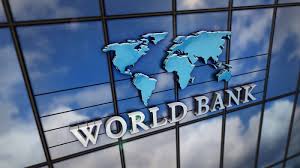World Bank Sets Ambitious Target to Extend Health Services to 1.5 Billion People
The announcement has been broadly welcomed by global health experts, although some stress that the success of such a massive undertaking will depend on rigorous implementation and ongoing international cooperation. As the World Bank prepares to roll out its expanded health services, the world watches in anticipation of a healthier future for billions.
- Advertisement -


